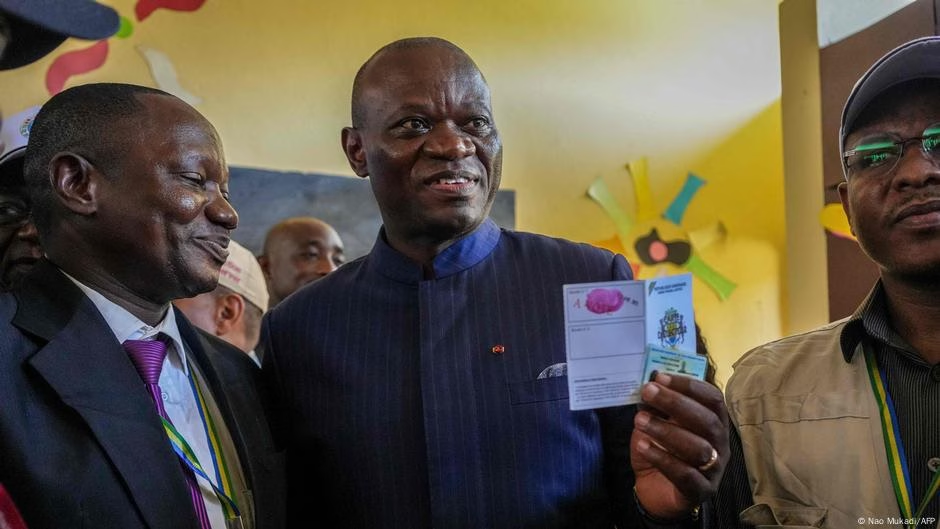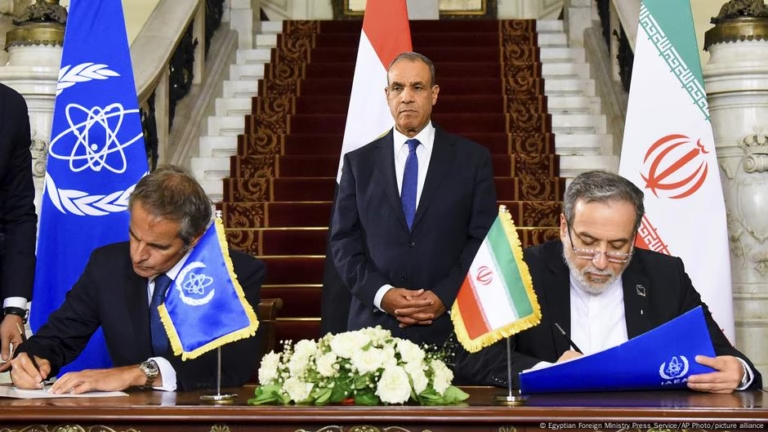Oligui Nguema, who led a coup in August 2023 and initially served as the transitional president, had been leading in pre-election polls. He campaigned on an anti-corruption platform and emphasized the need for a break from the dynasty of Omar Bongo Ondimba and his son Ali Bongo, who ruled Gabon for over 50 years.
‘Confident’ Oligui Nguema tipped to remain in power
In the run-up to the election, which marks the first to be held in the country since the coup, Oligui Nguema predicted a “historic victory.” He expressed confidence in the outcome as he cast his ballot alongside his wife Zita.
Bilie By Nze, his main opponent who served as foreign minister before the coup, called for a “complete rupture” with the country’s past. He accused Oligui Nguema, the former leader of the Republican Guard under the Bongos, of continuing their legacy. After casting his ballot, he hinted at potential issues during the counting.
Election monitors from the Citizens Observers Network (ROC) faced denied access to several voting offices, but Oligui Nguema insisted the election was “transparent” and “peaceful.” Ballot counting started shortly after 6 pm (5 pm UTC), with an 87.12% turnout reported.
Initial results are expected on Sunday, with the winner receiving a seven-year mandate that can be renewed once.
Why does the election matter?
This is the Sahel nation’s first election since the 2023 coup removed the Bongo dynasty. The election takes place amid high unemployment, power and water shortages, and heavy government debt. Despite being resource-rich with significant deposits of petroleum, manganese, and iron ore, Gabon faces economic challenges.







